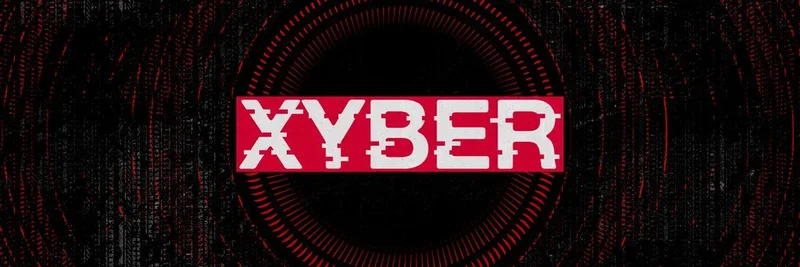The world of tech is buzzing with excitement over Jack Dorsey's latest venture, Bitchat, a decentralized messaging app that ditches Wi-Fi and cell service for Bluetooth mesh networks. Launched recently, this app promises end-to-end encrypted communication that can hop between devices up to 300 meters. But as user George_harrap points out on X, this isn’t the first time we’ve seen this idea—and it’s faced some serious hurdles.
A Familiar Challenge: App Store Censorship
George’s tweet highlights a critical concern: similar apps have been developed before, only to be shut down when "tyrannical nation states" pressured Apple and Google to remove them from their app stores. This isn’t just speculation—history shows that centralized app stores can wield significant control. For instance, apps promoting privacy or bypassing government surveillance have often been pulled, leaving users without access. Bitchat’s Bluetooth-based, internet-free design aims to sidestep these issues, but the question remains: can it survive the app store gatekeepers?
What Makes Bitchat Different?
Bitchat isn’t your average messaging app. Built on a peer-to-peer Bluetooth mesh network, it lets messages travel from device to device without needing a central server. This decentralization is a big deal for privacy enthusiasts, as it reduces the risk of data interception. Plus, with end-to-end encryption, only the sender and receiver can read the messages. Jack Dorsey, the mind behind Twitter and Block, has been vocal about his inspiration, drawing from old-school IRC (Internet Relay Chat) vibes while leveraging modern tech.
The app’s white paper, shared via Cointelegraph, emphasizes its resilience. It can work anywhere people gather, even without internet access—think disaster zones or censored regions. But George’s warning suggests a potential Achilles’ heel: if Bitchat ends up on the App Store or Google Play, it could face the same fate as its predecessors.
The Meme Coin Connection
At Meme Insider, we’re always on the lookout for how tech innovations tie into the wild world of meme tokens. While Bitchat isn’t a crypto project, its decentralized ethos aligns with the blockchain community’s push for freedom and privacy—values often celebrated in meme coin cultures. Could Bitchat become a tool for meme token enthusiasts to communicate securely during market pumps or regulatory crackdowns? It’s a possibility worth watching!
Looking Ahead: Can Bitchat Beat the Odds?
The success of Bitchat hinges on its ability to navigate the centralized app store ecosystem. One workaround could be distributing it directly via sideloading or alternative platforms, though this limits its reach. Another angle is the growing interest in decentralized app stores, a trend gaining traction in the blockchain space. If Dorsey can tap into this, Bitchat might just outmaneuver the censors.
For now, the app is in beta, and the crypto and tech communities are eagerly testing it. George’s tweet serves as a reminder of the stakes: innovation in privacy tech is thrilling, but the battle against censorship is far from over. Stay tuned to Meme Insider for the latest updates on Bitchat and how it might shape the future of decentralized communication!


